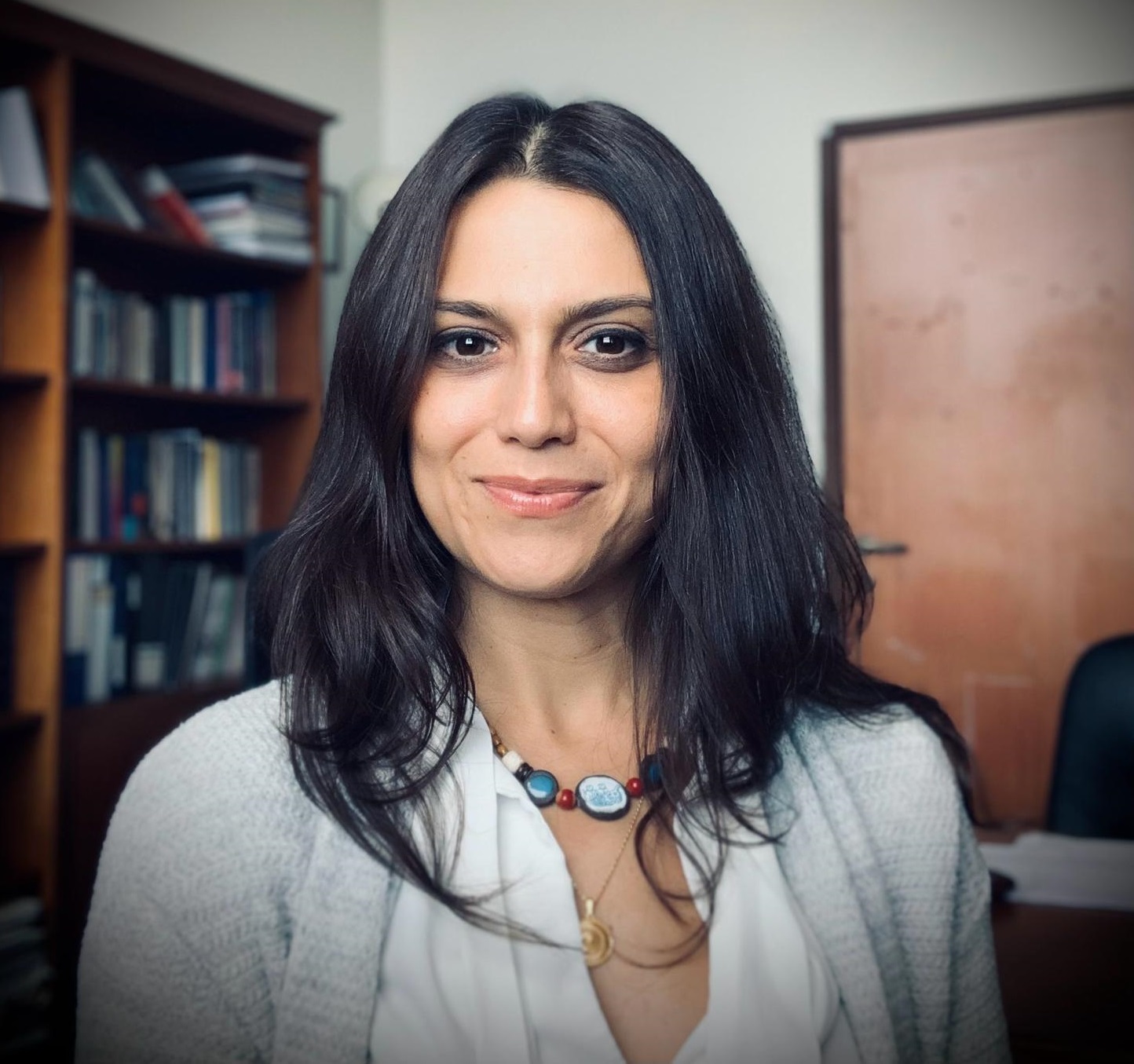Inaugural Sentio Scholar Applies Qualitative Methods in Turkey and Nepal
After completing her postdoctoral fellowship at Brown in 2021, Ceren Sönmez, Ph.D., returned to her native Turkey to research depression and anxiety among the country’s rural and urban mothers. She needed to use a questionnaire, but wondered whether adapted Western-based questionnaires would be culturally appropriate.
“Suddenly, I got curious to find out how Turkish mothers expressed their daily struggles,” says Sönmez, who was awarded seed funds for her project by Koç University, where she served on faculty. “What kind of language would they use, and was that language captured in existing measures?”

Sonmez knew she needed solid training in qualitative work to answer those questions. She remembered hearing about the Qualitative Science and Methods Training Program (QSMTP) at Brown and contacted director Kate Guthrie, Ph.D., about the possibility of joining the program. There was just one problem: She needed funding to attend.
Guthrie, who was impressed by Sönmez’s project, said she would see what she could do.
“I felt so incredibly supported,” Sönmez recalls. “I had the sense that she was somehow going to make it happen.”
That international conversation between Sönmez and Guthrie sparked what would become the QSMTP Sentio Scholarship, a new scholarship that supports a postdoctoral fellow or faculty member enrolled in QSMTP training for one-to-two years. Sönmez became the inaugural Sentio scholar.
“Qualitative research is critical to understanding the lived experiences of those we strive to serve in our research,” Guthrie says. “In Dr. Sönmez's case, her work will allow mental health providers to better recognize, understand, and treat mood disorders among young mothers within a culturally appropriate lens.”
In the fall of 2022, Sönmez began attending virtual QSMTP workshops and seminars that introduced her to qualitative health research study design and methods. Along the way, she drew on group brainstorming sessions and Guthrie’s feedback to formulate her study.
“I feel much more confident in my study design and methodology after the seminars and workshops,” Sönmez says. “If a reviewer were to ask me a question, I feel like I can justify my choices.”
Sönmez planned to apply her new interviewing skills in six focus groups with local mothers, the first of which she had scheduled for February 6, 2023. But that morning, in the pre-dawn hours, a 7.8 magnitude earthquake struck southeastern Turkey. The violent quake and its aftershocks killed more than 50,000 people and left more than a million homeless.
Sönmez, who herself lost family members in the disaster, quickly pivoted to emergency response.
“My colleagues and I had to pause our projects and redirect our efforts to simply offer humanitarian support by asking our participants, ‘Which city are you in, are you injured, do you have shelter?’” she says.
Over the following weeks, Sönmez worked to provide training in mental health first aid, implement trauma-informed teaching at her university, and develop psychosocial support projects for displaced families.
Within two months, Sönmez, like the rest of her country, had turned to rebuilding. She resumed her study, now in its final stages, and hopes it will lead to the long-term development of a more culturally valid tool to assess mental health symptoms of Turkish mothers.
“ “I feel much more confident in my study design....If a reviewer were to ask me a question, I feel like I can justify my choices.” ”
Since the earthquake, Sönmez has taken another postdoctoral position at King’s College in London. She is currently working with a team of researchers to test a psychological treatment for depression among adolescents in Nepali high schools.
“The emerging needs on the ground reveal that more qualitative work will be needed to assess suicidal thoughts and behaviors,” she says.
Qualitative skills are essential to global mental health research, says Sönmez, because researchers need to enter into a new culture with fresh eyes and ask open ended questions.
“Often, you will see that a concept that exists in one culture is either non-existing or has taken a completely different shape in another culture,” she says.
Sönmez is working to share her qualitative skills with ever more researchers. She has shared what she’s learned with the students in her lab , encouraged fellow researchers to enroll in QSMTP, and is serving on the applications committee to select the next QSMTP Sentio scholar.
“I always appreciated Brown for creating opportunities for people who maybe wouldn’t be able to access them otherwise,” Sönmez says. “They’re so sensitive to these issues and I saw that when I talked with Kate [Guthrie]. It has meant a lot to me.”